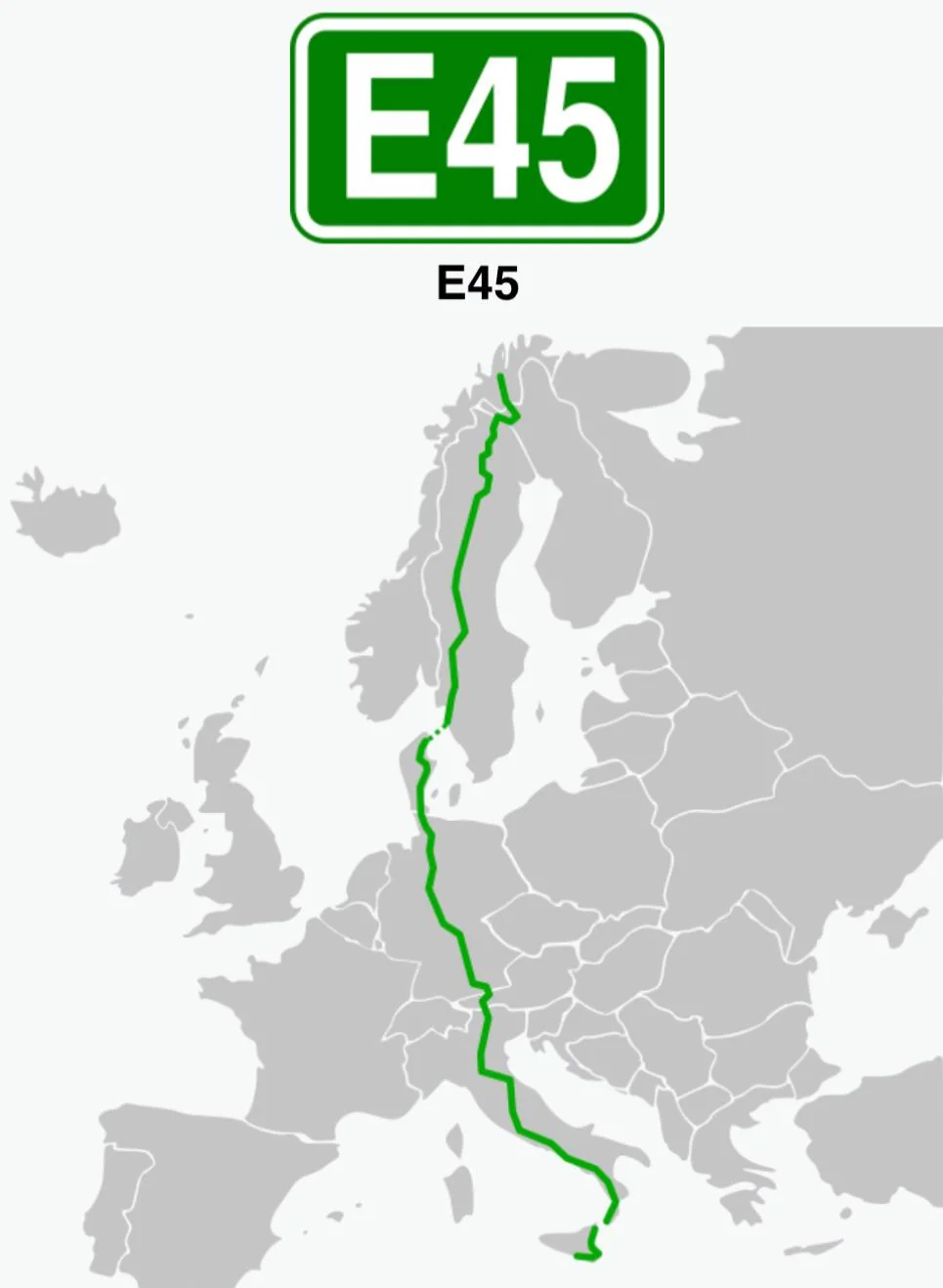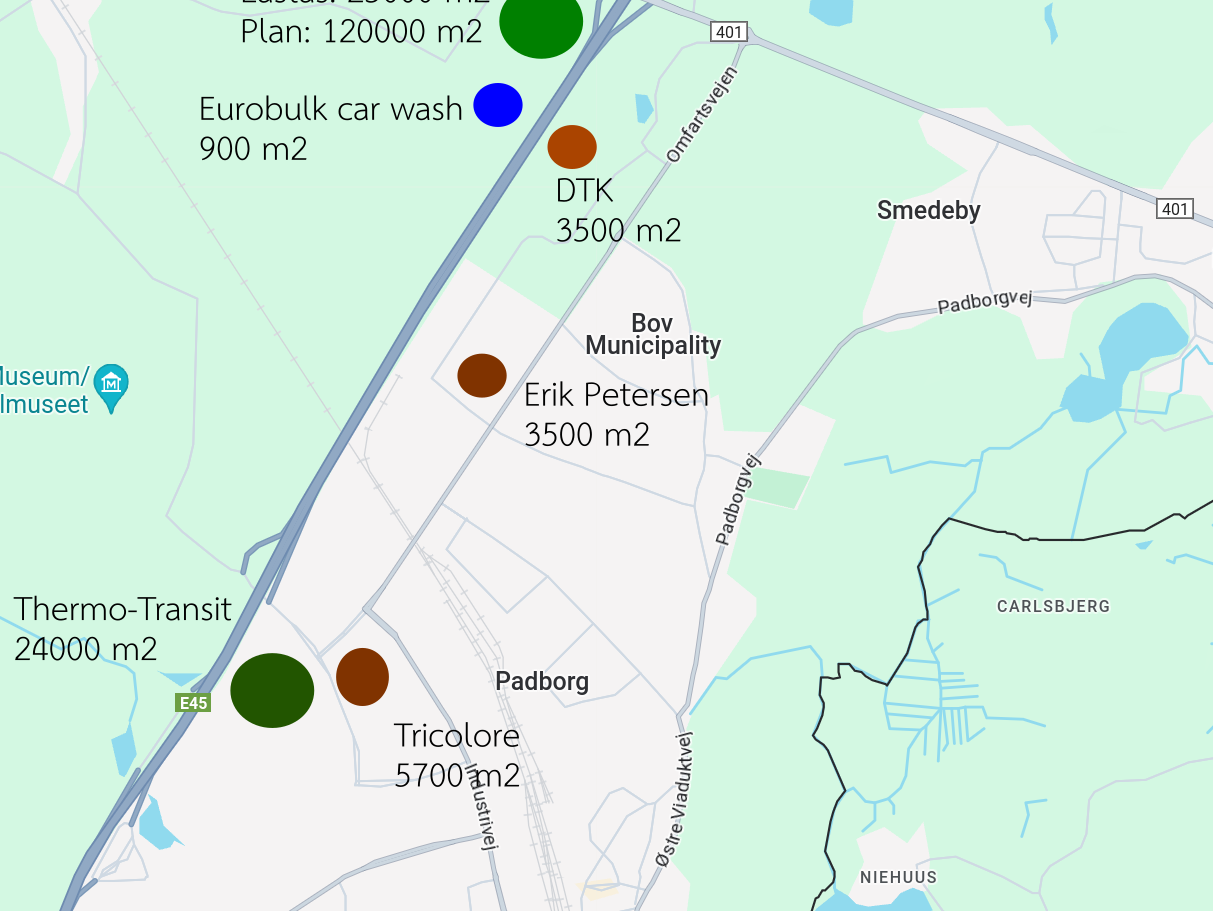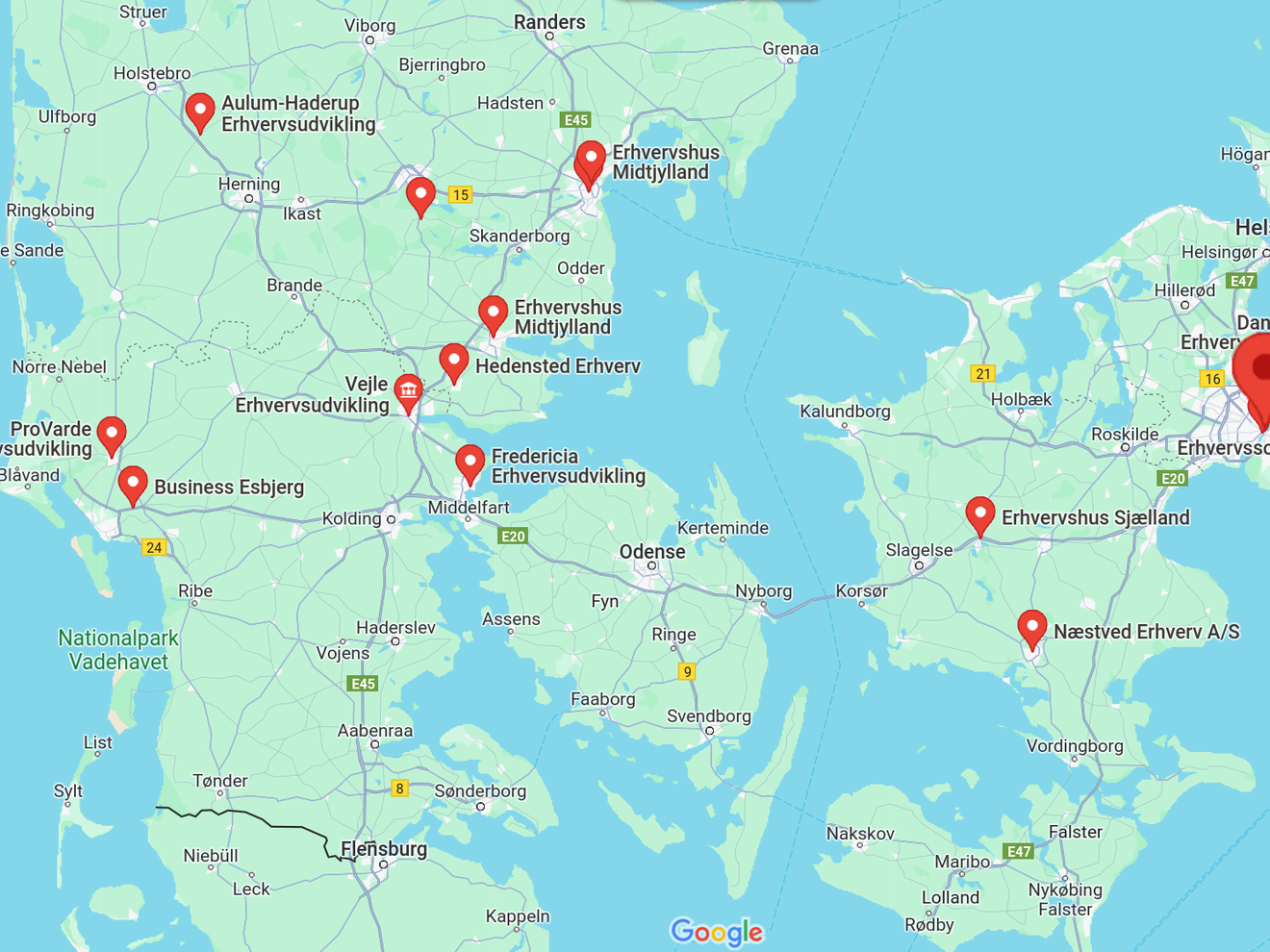Future outlook and growth opportunities in Southern Jutland
Introduction
Southern Jutland, a region historically celebrated for its strategic geographic location and robust infrastructure, stands on the cusp of a new era of growth and development.
With several upcoming infrastructure projects and emerging trends in key sectors such as logistics and e-commerce, Southern Jutland is poised to capitalize on significant opportunities.
Backed by a skilled workforce, a robust educational system, and a focus on innovation, the region presents a compelling landscape for businesses seeking expansion or relocation. This article explores the potential developments and their implications for the region, highlighting how Southern Jutland could shape the future landscape of Northern Europe’s economy.
Upcoming infrastructure projects: Building a foundation for growth
Southern Jutland is undergoing a period of significant infrastructure development, with several projects set to enhance regional connectivity and unlock new growth opportunities. Here are a few key initiatives:
The Fehmarn Belt fixed link
This ambitious project, currently under construction, will connect Southern Jutland to the German island of Fehmarn with a 17.5-kilometer immersed tunnel. Upon completion in 2029, travel time between Denmark and Germany will be significantly reduced, solidifying Southern Jutland's position as a vital link in the central European transportation network.
Road expansions and transportation enhancements
One of the pivotal projects in the pipeline for Southern Jutland is the expansion of major road networks, including the E45 corridor, a major north-south motorway in Europe, traverses Southern Jutland. This is a crucial artery through Scandinavia into Central Europe. This expansion aims to alleviate traffic congestion, reduce travel times, and increase safety, thereby enhancing the efficiency of commercial and private transport. Such improvements are not just about capacity but also about facilitating smoother logistics operations, crucial for a region that serves as a gateway between Denmark and Germany.
Expansion of Billund Airport
Billund Airport, a major international hub serving Southern Jutland, is undergoing significant expansion. This includes the construction of a new terminal building and runway extensions, aiming to increase passenger capacity and attract new airlines. This will further enhance the region's global accessibility and cater to the growing demand for air cargo services.
New logistics hubs
In response to the increasing demand for efficient cargo handling and distribution, Southern Jutland is set to develop new logistics hubs.
We will see increased quantities of cargo on sectors like
- NATO based goods from and to the seaport of Esbjerg
- Buffer storage for transport of cargo from and to the United Kingdom after brexit
These hubs will be strategically located near major transport routes and equipped with state-of-the-art technology for managing and tracking goods. This initiative will significantly enhance the region’s capability as a logistics center, attracting international business and boosting local economies.
Technology parks and innovation centers
To harness the burgeoning tech industry, plans are underway to establish technology parks and innovation centers across Southern Jutland. These facilities will serve as incubators for startups and breeding grounds for technological advancement, focusing on sectors like clean energy, digital commerce, and smart city solutions. By fostering a collaborative environment that encourages innovation, these centers will attract researchers, entrepreneurs, and investors, driving further economic diversification.
These infrastructure projects, coupled with continued investment in digital infrastructure like high-speed internet, will significantly improve Southern Jutland's logistical capabilities. This translates to reduced transportation costs, faster delivery times, and a more efficient supply chain, making the region an attractive location for businesses involved in manufacturing, distribution, and e-commerce.
Emerging trends in logistics and e-commerce: Embracing new opportunities
Southern Jutland is strategically positioned to capitalize on two of the most significant trends in the global economy: the rise of e-commerce and the increasing demand for efficient logistics solutions.
Automation and Smart Logistics
Automation technology in logistics, including the use of AI and robotics, is rapidly advancing, and Southern Jutland is well-positioned to integrate these innovations. Automated warehouses, intelligent transport systems, and predictive analytics are becoming the norm in the logistics sector. These technologies not only improve operational efficiency but also enhance accuracy and customer service, providing Southern Jutland an edge in a competitive market. This focus on innovation ensures the region remains at the forefront of the logistics industry, attracting businesses seeking cutting-edge solutions.
Sustainable and green logistics
As global awareness of environmental issues grows, there is a significant shift towards sustainable logistics solutions. Southern Jutland is expected to lead in green logistics, implementing eco-friendly practices such as using renewable energy sources in warehouses and logistics centers, optimizing route planning to reduce carbon emissions, and enhancing recycling processes. These initiatives not only contribute to environmental sustainability but also appeal to consumers and partners who prioritize green business practices. Businesses located in the region can leverage this focus on sustainability as a competitive advantage in the e-commerce marketplace. For example, companies can utilize eco-friendly packaging materials and explore green transportation options, appealing to environmentally conscious consumers.
E-commerce expansion and hub potential
The e-commerce sector is set to continue its exponential growth, and Southern Jutland’s solid digital infrastructure makes it an ideal location for e-commerce businesses. The region's strategic initiatives to improve connectivity and digital literacy are attracting e-commerce giants and startups alike. Easy access to major European markets through the Fehmarn Belt Fixed Link and Billund Airport expansion will further enhance the region's appeal for e-commerce businesses. With the increase in online shopping, Southern Jutland is looking at expanding its capabilities in handling cross-border e-commerce transactions, which includes everything from payment processing to customer service and return management. Additionally, a skilled workforce with strong digital literacy provides the necessary talent pool for managing these operations.
By embracing these emerging trends, Southern Jutland presents a compelling value proposition for businesses in the logistics and e-commerce sectors. The region offers a strategic location, a supportive infrastructure network, a skilled workforce, and a commitment to innovation and sustainability, all crucial factors for success in today's dynamic market.
Border development
In Padborg, several transport and web store companies are already expanding, here is an overview:
Strategic partnerships and collaborations
Southern Jutland fosters a collaborative environment where businesses, educational institutions, and government agencies work together to drive regional growth. Here are some key examples:
International collaborations
Southern Jutland is increasingly engaging in international partnerships to bolster its economic and technological capabilities. These collaborations involve sharing knowledge, technology, and best practices with regions and cities around the world. Such international outreach not only enhances Southern Jutland’s global presence but also brings in fresh perspectives and ideas, vital for innovation and growth.
Industry-academia linkages
The region’s educational institutions are pivotal in shaping its future, particularly through their linkages with the industry. Collaborative projects and internship programs in fields like logistics management, digital marketing, and cybersecurity are preparing a workforce that is skilled, adaptable, and ready to meet future challenges. These partnerships are essential for continuous learning and for keeping pace with industry demands.
Industry clusters
The region boasts several well-established industry clusters specializing in areas like food processing, clean technology, and life sciences. These clusters facilitate knowledge sharing, collaboration on research and development projects, and joint marketing initiatives, creating a supportive ecosystem for businesses in these sectors.
Focus on innovation
Jutland is home to several innovation hubs and business incubators that provide startups and growing companies with access to funding, mentorship, and co-working spaces. This fosters a culture of innovation and entrepreneurship, driving the development of new technologies and businesses within the region.
Public-Private Partnerships (PPPs)
The Danish government actively supports regional development through Public-Private Partnerships (PPPs). PPPs leverage expertise from both the public and private sectors to finance and deliver critical infrastructure projects. This approach allows for efficient resource allocation and risk-sharing, ultimately accelerating infrastructure development and fostering economic growth within the region. Furthermore, PPPs can extend beyond infrastructure projects. For example, collaborations between public authorities and private companies can focus on workforce development initiatives, ensuring the regional talent pool possesses the skills required by businesses in the evolving job market.
Conclusion
Southern Jutland stands on a firm foundation for future growth. With a skilled and adaptable workforce, a commitment to innovation, and strategic infrastructure investments on the horizon, the region presents a compelling landscape for businesses seeking expansion or relocation. The region's focus on sustainability, its central location within Europe, and its thriving logistics and e-commerce sectors offer further reasons for optimism. As these projects come to fruition and trends continue to evolve, Southern Jutland will undoubtedly solidify its position as a crucial economic hub in Scandinavia and beyond. By fostering collaboration between businesses, educational institutions, and government agencies, Southern Jutland is well-positioned to solidify its position as a dynamic economic hub in the years to come.





